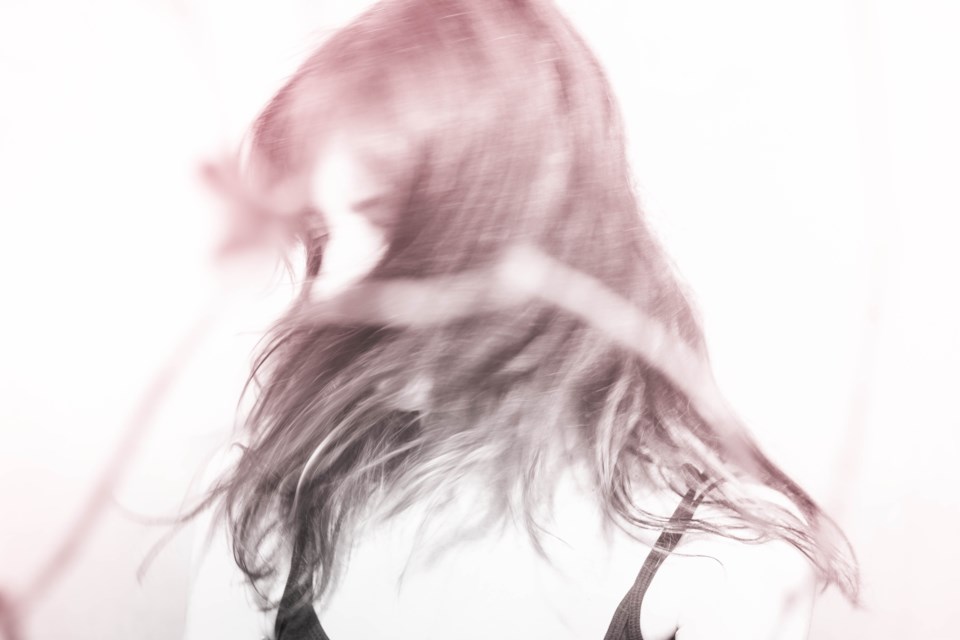I was diagnosed with ADHD about a year and a half ago. It was a huge relief to know why everything was such a challenge for me finally; why things that seemed so simple for everyone else (finishing tasks, setting goals and achieving them) were practically impossible.
I felt like a failure for a long time, like there was something inherently wrong with me. Endless unfinished projects left me feeling like a fraud, like I wasn’t good enough, or that I didn’t deserve to achieve the things I dreamed about. Years of falling short left me with low self-esteem and a never-ending cycle of underachieving and wondering if I was ever really meant to achieve my goals, anyway.
Add to this multiple experiences with dismissive doctors, misdiagnoses and prescription drugs that didn’t work or even made things worse.
So, when I finally got the right diagnosis, it was a huge relief. After a lifetime of thinking that I was deficient in so many ways, I was finally able to forgive myself for a lot of the “failures” and behaviors of my past that were a result of the ADHD I was living with. And I’ve been able to feel proud of what I have been able to accomplish while fighting a daily uphill battle.
Through therapy, I’m learning how to use tools to manage on a day-to-day basis, and even work toward long-term goals (gasp!).
Once I started medication that really worked, it was like a light going on in my head. I truly had my eyes opened to just how much ADHD has been dogging me my entire life.
The experience has been life-altering.
While describing to my partner the significance of starting this medication, I almost laugh because it sounds so silly, so basic. “I can do things,” I say. “I can just…do a thing.” I don’t know how else to put it.
With dopamine levels balanced, I can decide that I want to do a task, and then sit down, and do it, until it’s finished, without being distracted by my own thoughts and a million other things, without hitting a wall of self-defeat before I even get started. I can just do the thing.
Suddenly being able to do what I want to do, from cleaning the house to doing work tasks to completing the first draft of a poem I want to write, has been like having blinders ripped off that I’ve been wearing my entire life. Blinders I didn’t know were there.
Shouldn’t everyone be able to just…do things?
I’m 42, and am just starting to learn about my disorder. I had to fight to get here.
I don’t feel it should be so hard. Even with the incredible luck that I am a white, cis-gendered woman, it still took over 20 years.
If I had gotten help the first time I walked into a doctor’s office asking for antidepressants when I was 20, or when I was in high school skipping all my classes and failing even though I was smart, perhaps I could have been spared decades of anxiety, addictions and lost opportunities.
I would love to live in a society that is proactive about mental health. That doesn’t require those living with disorders to advocate so strongly for themselves, because not everyone has that capacity or that privilege. We need more advocacy for mental health support in this country, this province, this community. We need more spaces for mental health stories to be shared and seen. More visibility. So everyone can have the same opportunities, to just do things.
Editor's note: This column originally appeared in The Squamish Chief. Stacy Thomas is a freelance journalist at The Chief.



